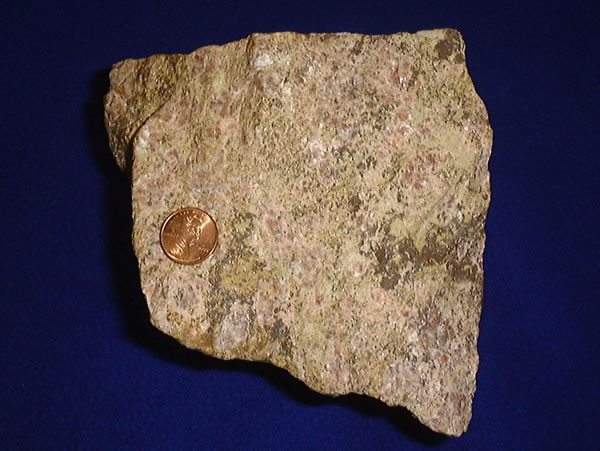US and China Reach Historic Agreement on Rare Earth Exports

In a significant diplomatic breakthrough, the United States and China have formalized an agreement regarding the export of rare earth minerals, a move that aims to alleviate ongoing trade tensions between the two nations. This development was announced on June 27, 2025, following intense negotiations that spanned several weeks, marking a pivotal moment in U.S.-China relations, especially concerning critical supply chains vital to numerous industries.
China's Ministry of Commerce announced that it would approve export applications for rare earth minerals, contingent upon compliance with legal standards. In return, the U.S. is expected to rescind certain restrictive measures imposed on Chinese exports, effectively de-escalating a trade conflict that has seen tariffs and counter-tariffs escalating in recent months. According to President Donald Trump, the agreement follows a prior understanding reached between the two countries in London earlier this month, which required the approval of both national leaders before moving forward.
Rare earth elements are essential in the manufacturing of a wide range of products, from electronics to military hardware. With China controlling approximately 90% of global rare earth processing capabilities, this agreement could substantially impact the global supply chain dynamics, as highlighted by the International Energy Agency.
The negotiations intensified after a series of trade restrictions were implemented by both nations. In April 2025, the U.S. imposed tariffs on Chinese goods, which China reciprocated with export curbs on rare earths, leading to accusations from Washington that Beijing was not honoring previous agreements. This trade friction culminated in a near-total embargo that threatened to disrupt industries reliant on these critical minerals.
Howard Lutnick, U.S. Secretary of Commerce, stated, "China is going to deliver rare earths to us, and once they do that, we’ll take down our countermeasures." This sentiment was echoed by Trump, who confirmed the agreement at a White House event, affirming that both nations were committed to enhancing economic cooperation.
Experts have raised concerns about the practical implications of the new agreement. According to Dr. Emily Carter, a professor of International Trade at Georgetown University, while the announcement is promising, the dual-use licensing regime that China implemented in April still poses significant hurdles for U.S. companies. "Even with this agreement, many firms may struggle to secure sufficient supplies due to ongoing restrictions on military end-users and compliance documentation requirements," she noted.
This deal comes at a time when both nations are under pressure to stabilize their economies amid global supply chain disruptions exacerbated by the COVID-19 pandemic. According to a report from the World Bank published in May 2025, the economic repercussions of these trade tensions could lead to long-term consequences for both economies if not adequately addressed.
However, there remain skeptics regarding the long-term sustainability of this agreement. Dr. Michael Thompson, an economist at Stanford University, expressed caution: "While this agreement is a step in the right direction, it remains to be seen whether both parties can maintain the momentum needed to address underlying trade issues comprehensively."
In summary, the recent U.S.-China agreement on rare earth exports is a crucial development in international trade, with potential ramifications for global supply chains and economic stability. As both nations work to implement the terms of this agreement, the eyes of the world will be on them to see if this marks a new chapter in their complex trade relationship. The implications of this agreement extend beyond mere exports; they hint at a broader effort to stabilize and improve bilateral relations, which could redefine economic strategies in the coming years.
Advertisement
Tags
Advertisement





